1. “The Day After” Terrifies America (1983)
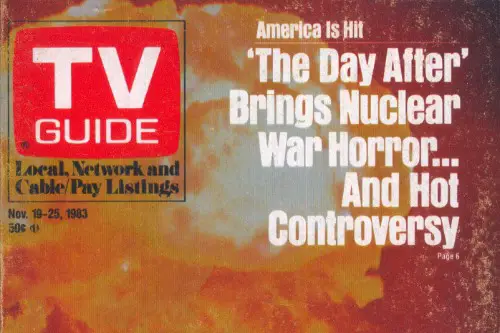
ABC’s made-for-TV movie The Day After depicted the aftermath of a nuclear war in Kansas, and it rocked the nation to its core. Over 100 million people tuned in, and many were left shaken by its realistic portrayal of nuclear devastation. Schools held discussions the next day, and therapists reported spikes in anxiety among viewers, according to Alissa Wilkinson of The New York Times. Even President Reagan admitted the film changed how he thought about nuclear war.
The controversy wasn’t just about the content—it was about whether it should’ve aired at all. Some argued it would incite panic or spread defeatism during the Cold War. ABC added disclaimers and hosted a live debate with experts after the broadcast. The film pushed boundaries for what TV could say about real-world politics and catastrophe.
2. The “Ellen” Coming Out Episode (1997)
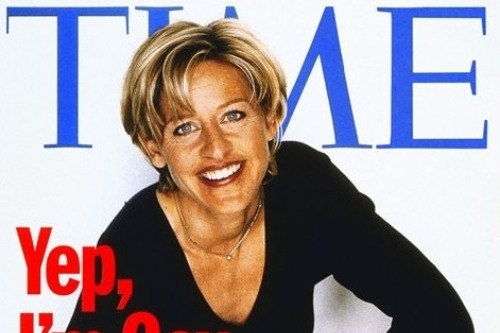
Ellen DeGeneres came out as gay on her sitcom Ellen, and it was a cultural earthquake, according to Rebecca Nicholson of The Guardian. The episode, titled “The Puppy Episode,” aired on ABC and drew both massive praise and intense backlash. Conservative groups protested, and some advertisers pulled out entirely. ABC even added a parental advisory warning before each episode in the following season.
Despite strong ratings, Ellen was canceled the next year—many believe due to the surrounding controversy. At the time, LGBTQ+ representation on mainstream television was virtually nonexistent. The fallout also affected Ellen DeGeneres personally, as she faced a professional lull before eventually rebuilding her career. Today, the moment is hailed as groundbreaking, but it was a lightning rod when it aired.
3. Janet Jackson’s Super Bowl “Wardrobe Malfunction” (2004)
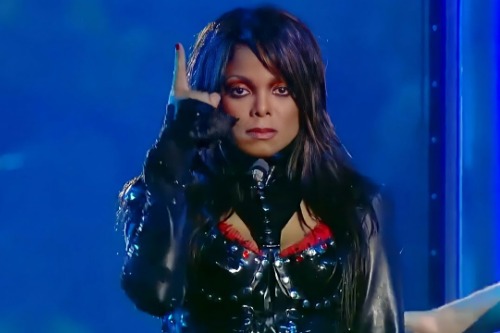
When Janet Jackson’s breast was exposed during the Super Bowl XXXVIII halftime show, the country practically had a meltdown, according to Michael Hartz of WRTV. Justin Timberlake pulled at her costume during their duet, and in a split second, the infamous “wardrobe malfunction” occurred. The Federal Communications Commission (FCC) received over half a million complaints in the aftermath. It even led to a crackdown on broadcast indecency and a significant delay buffer for live events.
What people often forget is how disproportionately Janet took the heat while Justin largely escaped unscathed. The moment shifted how live TV was handled and sparked years of debate about media, race, and gender. CBS was fined $550,000, though the fine was later voided in court. The ripple effect even reached Congress, which considered tougher penalties for indecency.
4. M*A*S*H Finale’s Graphic Death Scene (1983)

The M*A*S*H finale was watched by over 100 million people, making it the most-watched TV episode in American history at the time. But many viewers were deeply disturbed by the graphic nature of a key scene, according to Samuel Williamson of Collider. Hawkeye recalls a woman smothering her baby to keep it quiet during a bus ride—a shocking revelation for primetime TV. The trauma and intensity caught people off guard, especially for a show known for mixing comedy with drama.
Some fans felt betrayed by the tonal shift and accused the writers of going too dark. Letters poured in criticizing the decision to end the show with such emotional brutality. The scene remains one of the most controversial moments in TV history. It proved that even beloved comedies weren’t afraid to end on a note of emotional devastation.
5. “Maude” Has an Abortion (1972)
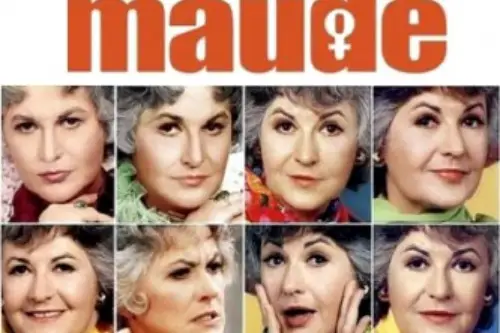
In a time when Roe v. Wade hadn’t even been decided yet, Maude tackled abortion head-on. The lead character, played by Bea Arthur, chooses to terminate a pregnancy at age 47. The two-part episode aired just months before the Supreme Court’s decision, and it drew furious responses. Religious groups and local stations refused to air reruns, and CBS got hammered with angry letters.
What makes it notable today is how frank and nuanced the conversation was—especially in 1972. It wasn’t played for laughs or brushed aside; it was centered. The storyline ignited public debate and forced TV audiences to confront taboo issues. While groundbreaking, it also made Maude one of the most polarizing shows of its time.
6. “NYPD Blue” Pushes Nudity Limits (1993)
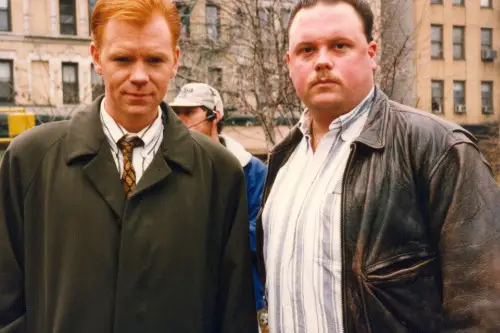
When NYPD Blue premiered, it immediately stirred controversy for its use of nudity and profanity on network television. The pilot featured brief shots of nudity and a grittier tone than most primetime dramas. Around 50 ABC affiliates refused to air the first episode. Religious and parental groups were outraged, calling the show “soft-core porn.”
Despite—or maybe because of—the backlash, the show became a hit and stayed on the air for 12 seasons. It eventually desensitized viewers to the taboos it once challenged. Still, the early episodes were so controversial that they triggered FCC reviews and advertiser boycotts. It redefined what network TV could get away with, sparking lasting debates over broadcast standards.
7. “South Park” Shows Muhammad (2006)
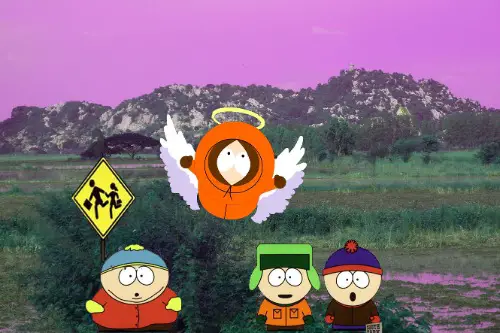
Comedy Central’s South Park has never shied away from controversy, but the episodes “Cartoon Wars Part I & II” pushed it to a global scale. The show depicted the Prophet Muhammad, something forbidden in many interpretations of Islam. After the episodes aired, Comedy Central censored later images and bleeped audio out of fear of violent backlash. The network even blocked reruns and online streaming of the episodes.
The censorship itself drew widespread criticism. Fans and media watchdogs argued it was a violation of free speech and a surrender to fear. Creators Trey Parker and Matt Stone were openly furious with the network’s decision. The moment sparked a national conversation about artistic freedom and religious sensitivity on TV.
8. “All in the Family” and Edith’s Assault (1977)
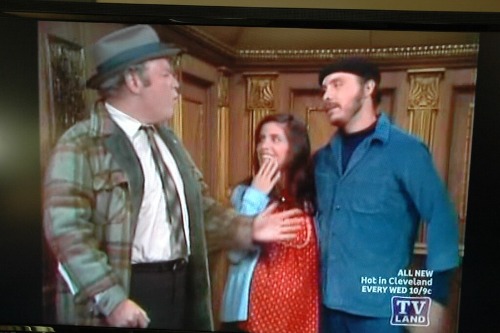
In a jarringly dark episode of All in the Family, Edith Bunker is nearly assaulted in her own home. The storyline aired during what was otherwise a lighthearted anniversary celebration on the show. Viewers were stunned by the sudden tonal shift and the rawness of the scene. Letters flooded CBS from fans who felt the episode went too far.
The network defended the storyline as an effort to confront real-life issues head-on. It was one of the first sitcoms to tackle attempted sexual assault so directly. While critics praised it for bravery, audiences were visibly shaken. The episode redefined how much emotional weight sitcoms could carry.
9. Oprah’s “Mad Cow” Controversy (1996)
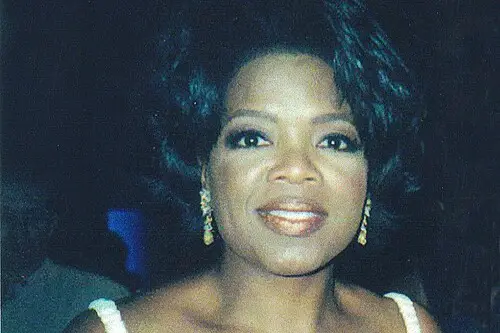
During an episode of The Oprah Winfrey Show about food safety, Oprah said the idea of eating beef after hearing about mad cow disease “stopped me cold.” That one line triggered a lawsuit from Texas cattlemen who claimed her words caused a beef market crash. Oprah was dragged into court for weeks in a highly publicized trial. The case became a flashpoint over free speech and food industry accountability.
Though Oprah won, the ordeal had lasting effects. It made TV hosts more cautious about making bold claims on-air. The incident also popularized the term “veggie libel laws.” Few talk show moments have had such direct legal and economic fallout.
10. “Hee Haw” Banned for Being Too Country (1969)
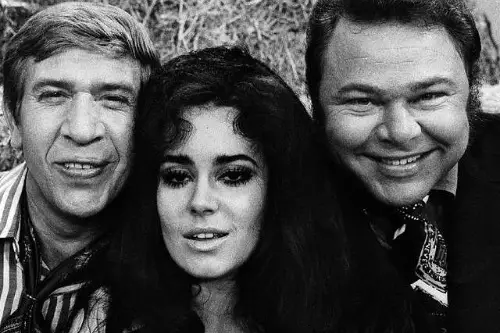
Hee Haw might seem harmless now, but it was once considered too lowbrow for the networks. CBS canceled the country-themed variety show as part of its infamous “rural purge,” where it axed programs that skewed too Southern. The move infuriated fans, especially in the Midwest and South. Viewers felt dismissed by a coastal elite that didn’t understand their culture.
In protest, Hee Haw moved to syndication and became even more popular. The controversy revealed how deep the rural-urban divide already was in American media. What looked like a silly decision over corny humor became a cultural flashpoint. It’s a forgotten TV moment that quietly shaped media demographics for years to come.
11. Geraldo Rivera Opens Al Capone’s Vault (1986)
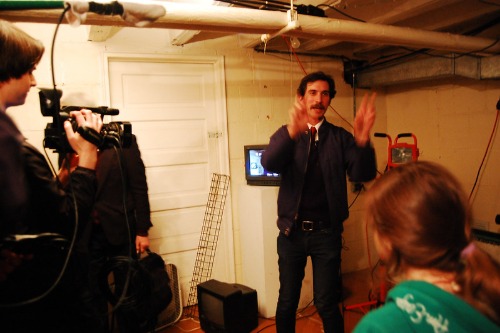
The live TV special “The Mystery of Al Capone’s Vault” promised buried treasure and explosive secrets. Instead, it delivered two hours of buildup followed by… an empty vault. Viewers were furious, and Rivera became a punchline almost overnight. ABC had hyped it to the moon, and the letdown was brutal.
But here’s the wild part: it was one of the most-watched syndicated specials in history. It marked the rise of spectacle TV and “event” journalism, even if it failed miserably. The backlash taught networks a harsh lesson about overpromising. Still, it helped launch Geraldo into the spotlight for better or worse.
12. “Beavis and Butt-Head” Fire Controversy (1993)
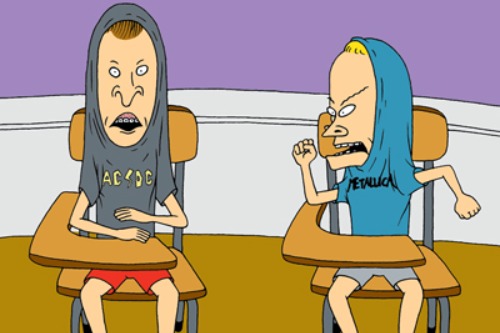
A five-year-old boy set his house on fire, killing his sister, and the mother blamed Beavis and Butt-Head. The MTV show had a running gag where the characters chanted “fire, fire!” and played with dangerous stuff. After the tragedy, MTV moved the show to a later time slot and removed all references to fire. It also stopped airing the episode in question entirely.
Critics slammed the show for promoting reckless behavior to young viewers. But defenders said it was absurd to blame a cartoon for real-world actions. The controversy marked one of the first major debates about media influence on kids. It led to wider adoption of TV parental guidelines and content ratings.
13. “Rosanne” Gets Political After 9/11 (2002)
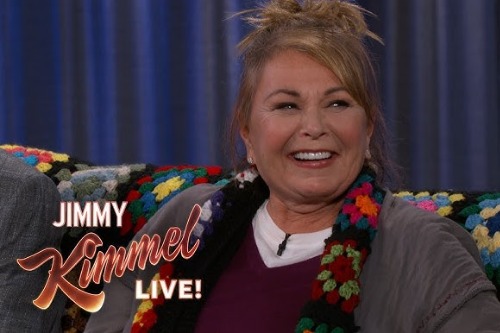
In its original run, Roseanne was beloved for its honest portrayal of working-class America. But when the show returned after 9/11 with unusually dark political commentary, fans were shocked. Roseanne’s character expressed deep distrust of government and media during a time when patriotism was at a high. The tonal shift alienated viewers who weren’t expecting a sitcom to tackle post-9/11 trauma so directly.
The show’s ratings dipped, and critics labeled it “un-American” in the wake of national tragedy. While it didn’t cause the end of the series, it stained its later seasons. The backlash served as a reminder of how fragile national moods can be on TV. Even once-loved characters can fall from grace when they go off-script.


